Business Tax Planning & Preparation
Tax Planning & Strategies
“An ounce of prevention is worth a pound of cure.” Benjamin Franklin’s famous words are especially true when it comes to business taxes. Our firm is prepared with tried-and-true strategies to help minimize the effect taxes have on your cash flow and operations. With our commitment to continuing education, we are also ready to assist with new strategies which may stem from the ever-changing federal, state, and local tax laws.
We firmly believe communication is the key to an effective tax strategy. Clients engaged in tax planning are actively encouraged to consult with us prior to making any major business asset purchases, leases, or disposals to ensure they are receiving the most beneficial tax treatment.
Preparation & Compliance
We understand taking care of your business taxes can sometimes be a daunting task. The numerous agencies, deadlines, and IRS/state requirements make compliance a challenge for any business owner. Let our many years of hands-on experience in the small and medium business space benefit your company as we guide you through the preparation and compliance process.
While our firm has extensive background working with construction contractors, real estate developer-investors, and professional service firms, we are also able to serve small and medium-sized businesses across a number of other industries.
Types of Businesses we work with
Sole Proprietorship
Form 1040 Schedule C
Business activity with only a single individual owner, no partners or shareholders. If a Limited Liability Company (LLC) has only one owner, it is a “disregarded” entity and reported as a Sole Proprietorship on Schedule C.
Partnership
Form 1065
A “pass-through” entity. The company is sometimes formed as a Limited Liability Company (LLC) at the state level, and sometimes formed as a General Partnership. Payments to partners do not run through payroll.
S-Corp
Form 1120-S
This entity has unique considerations as a “pass-through” entity with shareholders providing services paid both on payroll and through distributions of profit.
C-Corp
Federal Form 1120
Not a “pass-through” entity. This company pays its own corporate tax and payments made to shareholders take the form of dividends or return of capital. As a “non-passthrough” entity, it also has other specific administrative compliance considerations.

